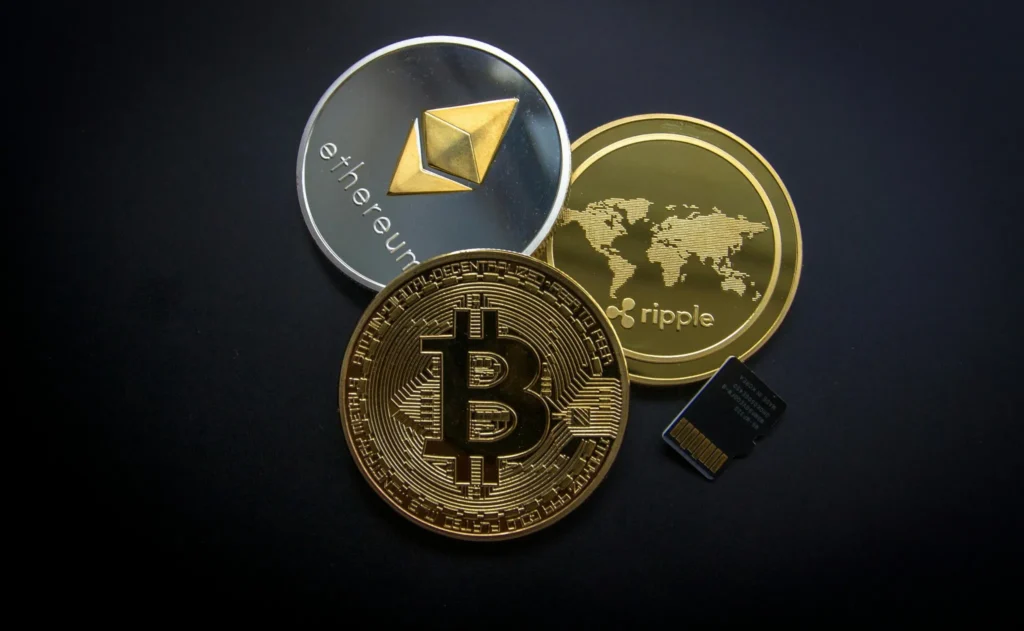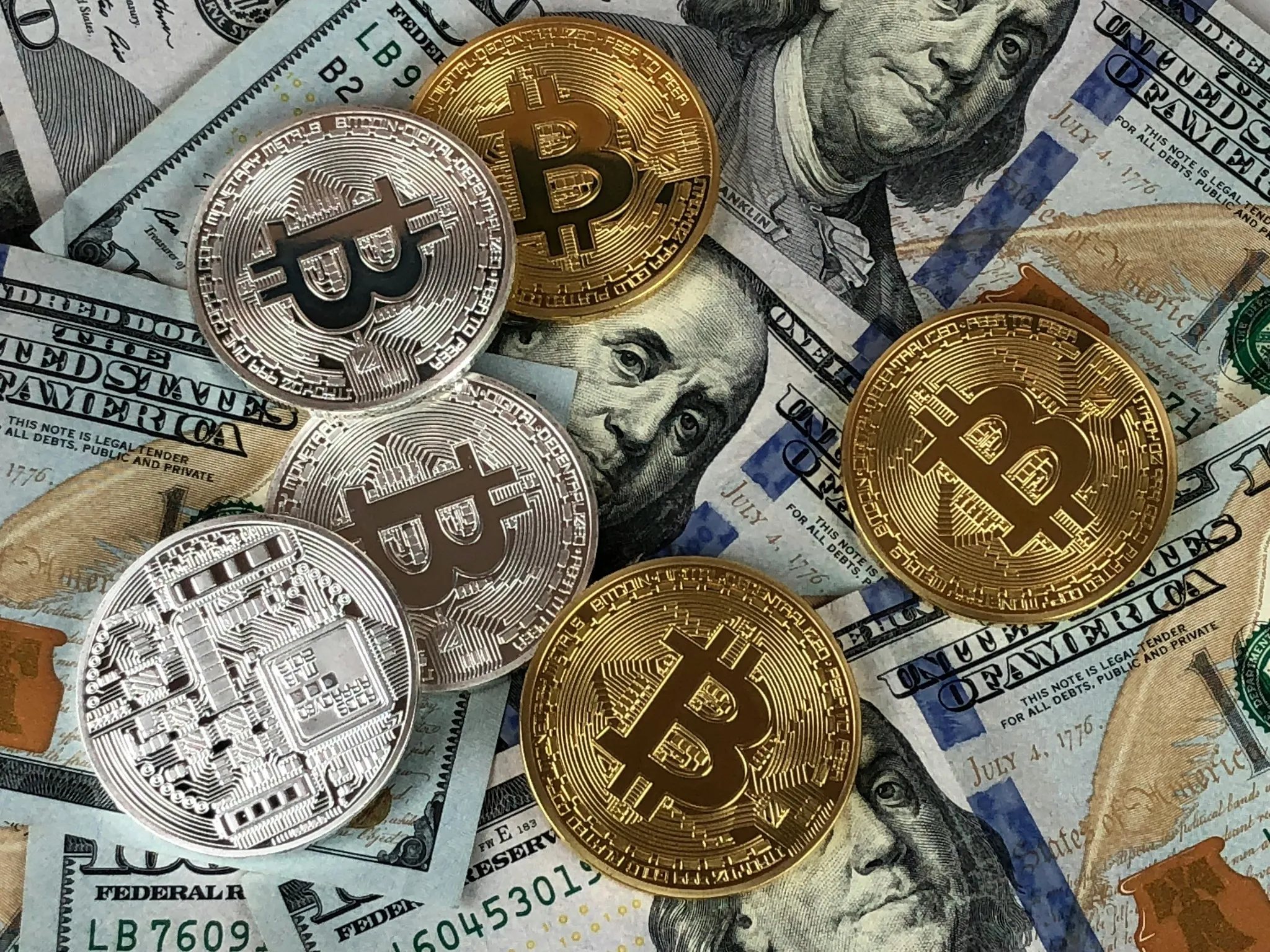Blockchain loyalty programs for hotels are revolutionizing guest engagement by offering transparency, personalization, and cost efficiency.
Blockchain is no longer just a buzzword reserved for cryptocurrency enthusiasts. In the hospitality industry, it’s quietly revolutionizing how businesses interact with their customers. At the forefront of this shift are loyalty programs—a critical tool for driving repeat bookings and guest satisfaction. But with 2025 approaching, the question isn’t if blockchain will disrupt loyalty programs but how. This article dives into what hotels need to know to stay ahead of the curve.
What is Blockchain Technology?
Key Features of Blockchain
At its core, blockchain is a decentralized ledger that records transactions securely and transparently. Unlike traditional systems that rely on a central authority, blockchain operates across a network of computers. This ensures every piece of data is tamper-proof. The result? A system built on trust and efficiency. Learn more about blockchain basics here.
How Blockchain Works in Loyalty Programs
For loyalty programs, blockchain eliminates inefficiencies. It allows hotels to create a unified system where guests can earn, track, and redeem points without friction. Transactions are recorded on the blockchain, making them verifiable and secure. Imagine saying goodbye to lost points or disputes over rewards – blockchain makes it all seamless.

The Current State of Hotel Loyalty Programs
Challenges in Traditional Loyalty Programs
Traditional loyalty programs are plagued by several issues. These include confusing redemption processes, siloed systems across brands, and a lack of transparency that frustrates guests. On the backend, managing these programs can be costly and prone to errors.
Opportunities for Innovation with Blockchain
Blockchain flips the script. By streamlining processes, reducing overhead costs, and enhancing guest trust, blockchain offers a way to tackle these challenges head-on. Hotels can finally provide the frictionless experience their guests expect. A Deloitte report highlights these opportunities.
Benefits of Blockchain-Based Loyalty Programs for Hotels
Transparency and Trust for Guests
Blockchain’s transparency is a game-changer. Guests can see exactly how many points they’ve earned, how they can use them, and where their transactions stand. There’s no fine print and no surprises.
Seamless and Secure Transactions
Forget about delays or errors in point transfers. Blockchain ensures every transaction is accurate and processed in real time. This makes rewards redemption smoother than ever.
Personalization Through Decentralized Data
With blockchain, data isn’t locked away in silos. Hotels can access decentralized guest profiles to offer personalized rewards and experiences while respecting privacy. This creates a win-win for both parties. Explore this Harvard Business Review article on blockchain and personalization.
Cost Efficiency for Hotels
Managing loyalty programs on blockchain reduces administrative burdens. There’s less need for intermediaries, which means lower costs and fewer headaches.

Real-World Applications of Blockchain in Hotel Loyalty Programs
Case Studies of Hotels Using Blockchain
Some forward-thinking hotel chains are already experimenting with blockchain. For instance, major players like Marriott and CitizenM have explored blockchain-based solutions to improve customer experiences and loyalty programs. These early adopters provide valuable lessons for others.
Successful Blockchain Loyalty Program Models
One standout example is creating interoperable loyalty programs. Imagine earning points at a hotel and redeeming them for a flight or a meal at a partner restaurant. Blockchain makes these cross-brand partnerships simple and efficient.
Key Trends in Blockchain Loyalty Programs for 2025
The Rise of NFT-Based Rewards
NFTs (non-fungible tokens) are making waves beyond the art world. Hotels can offer exclusive perks, such as VIP event access or personalized stays, as NFTs. These unique rewards add a layer of exclusivity that traditional points systems can’t match.
Interoperable Loyalty Systems Across Brands
Guests love convenience, and blockchain enables loyalty points to be shared across different brands. This interoperability makes programs more attractive and valuable to customers.
Sustainability and Ethical Incentives
Blockchain can also support eco-conscious initiatives. Hotels can reward guests with points for sustainable actions, like skipping housekeeping or choosing eco-friendly packages. This further aligns with modern consumer values. Research by the World Economic Forum discusses blockchain’s role in sustainability.

Challenges Hotels May Face When Adopting Blockchain
Technical and Financial Barriers
Blockchain isn’t plug-and-play. Implementing the technology requires upfront investment and expertise. This can be daunting for smaller operators.
Regulatory and Compliance Issues
The regulatory landscape for blockchain is still evolving. Hotels need to navigate compliance challenges, particularly in regions with strict data privacy laws.
Educating Staff and Guests
A new system means a learning curve. Hotels will need to invest in training staff and educating guests on how to use blockchain-based loyalty programs effectively.
Steps Hotels Can Take to Implement Blockchain Loyalty Programs
| STEP | DESCRIPTION |
| Assessing Feasibility and ROI | Evaluate whether blockchain is the right fit by considering factors like budget, guest demographics, and program goals to ensure a strong return on investment. |
| Partnering with Blockchain Providers | Collaborate with experienced blockchain providers to simplify the process. Seek partners with a proven track record in the hospitality industry. |
| Designing a User-Centric Program | Focus on creating a loyalty program that’s intuitive, rewarding, and aligned with guest expectations for maximum success. |
Blockchain Integration with AI and IoT
The next frontier? Combining blockchain with AI and IoT (Internet of Things). Imagine smart rooms that automatically reward guests for energy-saving behaviors or AI-driven insights that tailor loyalty rewards in real time.
The Evolution of Loyalty Programs in a Digital World
As blockchain matures, loyalty programs will continue to evolve. Expect more dynamic rewards, greater guest engagement, and seamless integration across the entire travel ecosystem.
Conclusion
Blockchain has the potential to redefine loyalty programs in the hospitality industry. From enhanced transparency to cutting-edge rewards, the benefits are clear. For hotels willing to embrace this technology, the payoff can be substantial. As 2025 approaches, now is the time to explore blockchain and ensure your loyalty program isn’t just keeping up but leading the way. Check out this PwC report for deeper insights.
FAQ:
- Q1: What is blockchain technology in hospitality?
Blockchain is a decentralized ledger that securely records transactions, improving transparency and trust in hotel loyalty programs. - Q2: How does blockchain improve loyalty programs for hotels?
Blockchain eliminates inefficiencies, ensures secure transactions, and allows seamless earning, tracking, and redemption of rewards. - Q3: What are the benefits of blockchain loyalty programs for guests?
Guests enjoy transparency, faster transactions, and personalized rewards without worrying about lost points or confusing processes. - Q4: Are there challenges in adopting blockchain for hotels?
Challenges include high implementation costs, regulatory compliance, and the need for staff and guest education about the new system. - Q5: What trends in blockchain loyalty programs should hotels watch in 2025?
Trends include NFT-based rewards, interoperable systems across brands, and eco-friendly incentives aligning with guest values.




